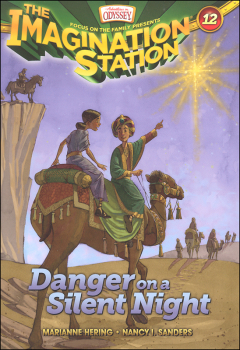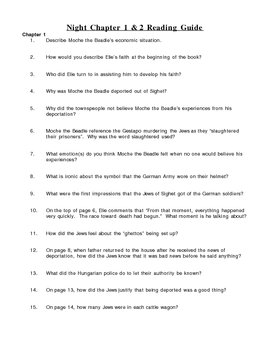


Luke doesn’t actually tell us that Mary was in a barn with sheep and goats, but he does tell us there was a manger, which was a feeding trough for animals (see Luke 2:6-7). The disappointment got worse when they arrived in Bethlehem. It’s not hard to imagine Mary’s disappointment in being forced to travel to Bethlehem to have her child without any of those. There was little to mitigate the pain of childbirth in that day except for the comfort of her mother, close friends, and a good midwife. Mary had been planning to have her child in her home, likely in a room that may have been added to her parents’ home in Nazareth. And then there were the questions that must have been running through her mind: Where will we stay? Who will help with the birth? Will my child survive? If Mary was like any other expectant mother, she would have felt anxious and probably fearful. (Modern-day illustrations often show Mary riding on a donkey, but the Scriptures are silent on that point.) It’s likely that on the trip, tears were shed. She and Joseph were forced to make the eighty- to ninety-mile journey from Nazareth to Bethlehem, which might have taken nine or ten days for a pregnant woman on foot. The Roman authorities did not care that Mary was nine months pregnant. Mary and Joseph were living in Nazareth, but Joseph’s ancestral village, his hometown, was Bethlehem. Luke tells us that Caesar Augustus, emperor of Rome, decreed that a census be taken and that everyone return to the ancestral village of the head of the household. During this season, many of us struggle with that disparity. And then there’s our Christmas, and it’s far from perfect. So on one hand we have the perfect Christmas with Mary and Joseph and the baby.

The challenge for us is that our own Christmases seldom measure up to this ideal. These words have shaped the way we imagine that first Christmas. Holy infant, so tender and mild, sleep in heavenly peace, sleep in heavenly peace.” “Silent night, holy night, all is calm, all is bright round yon virgin mother and child. In 1816, an Austrian priest named Josef Mohr wrote the words to a Christmas carol for his own congregation, to be sung on Christmas Eve:


 0 kommentar(er)
0 kommentar(er)
